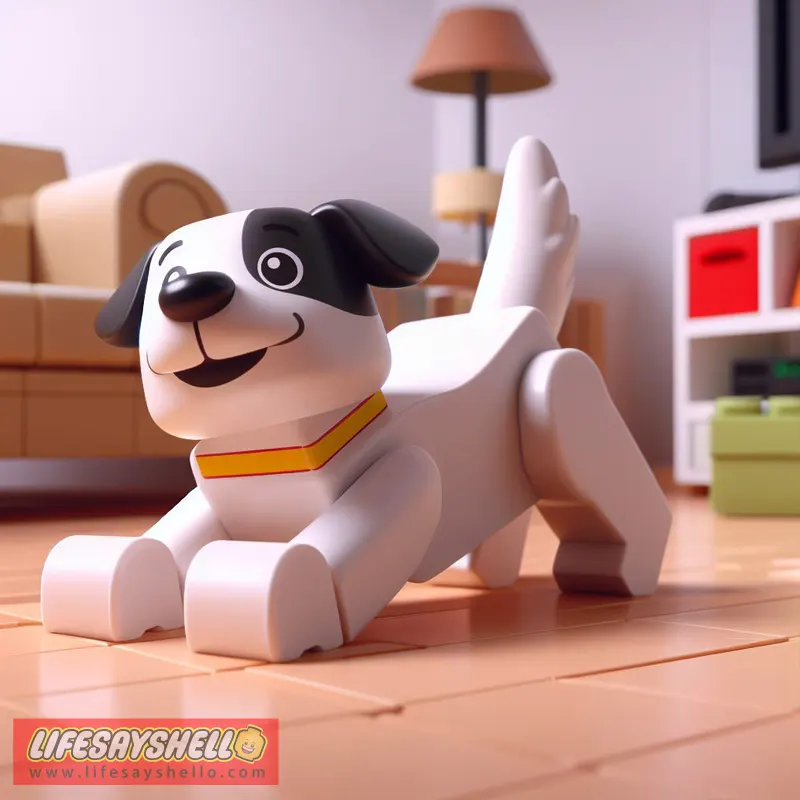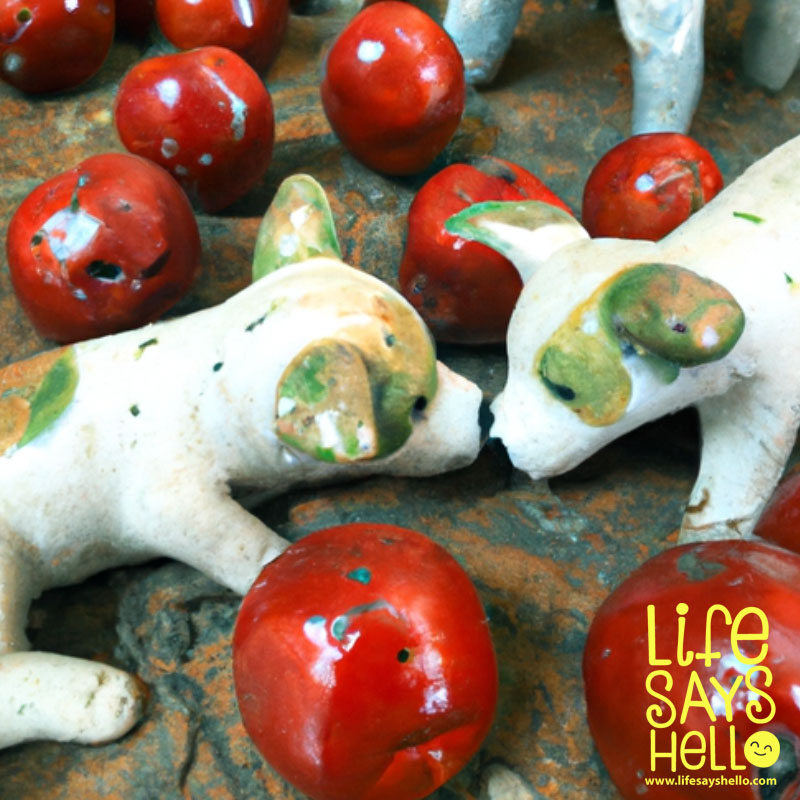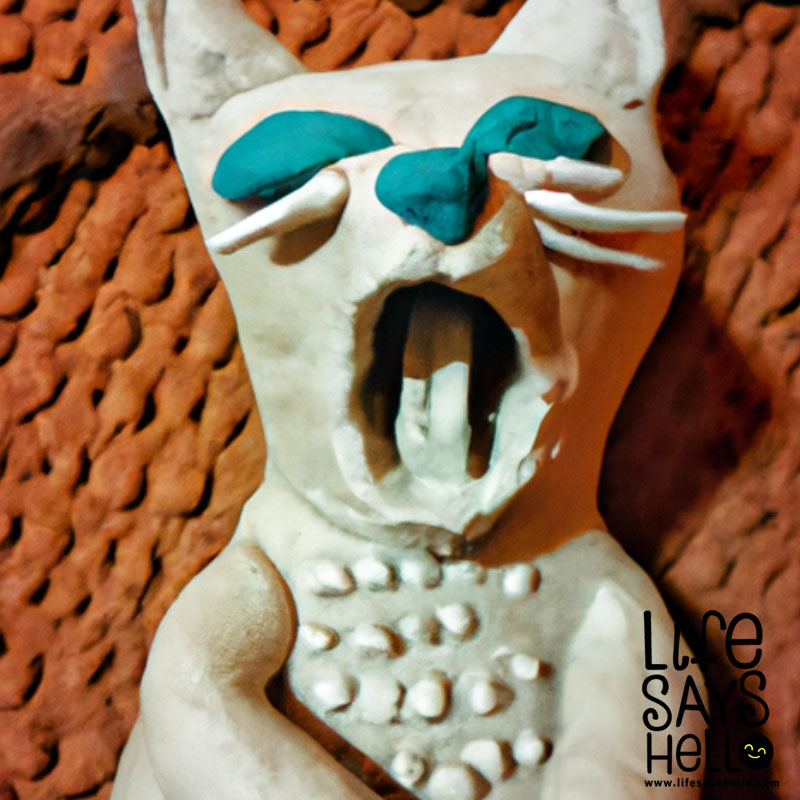Why Is My Puppy Not Eating? 7 Common Causes and Tips to Get Them to Eat Again

Is your puppy turning his nose up at his food bowl? It’s common for puppies to go through periods of picky eating or disinterest in food. However, if your puppy isn’t eating for an extended period of time, it can be dangerous for his growth and health.
As a puppy owner, it’s important to monitor your puppy’s appetite closely. Knowing the common reasons puppies lose interest in their food can help you figure out how to get your puppy eating again. In this article, we’ll cover the top 7 reasons puppies stop eating and give tips to encourage your puppy’s appetite again.
1. Stress or Anxiety
Puppies can easily become stressed by changes in their environment, routine, or people. Getting a new home, meeting new people, or even simple schedule changes can cause anxiety that leads to appetite loss.
- Try to minimize big changes while your puppy is young
- Stick to a consistent daily schedule for feeding, playing, training, and sleeping
- Give your puppy his own safe space to retreat to when stressed
- Use calming aids like treats, toys, music or pheromone diffusers
With consistency and time to adjust, your puppy will become more comfortable and regain interest in his meals.
2. Teething Pain
The pain and discomfort of teething can make eating difficult for puppies. Chewing crunchy kibble is a lot harder when those new teeth are coming in!
- Check your puppy’s mouth for signs of teething like swollen gums
- Switch to moistened or wet food to make chewing easier
- Offer frozen foods like Kongs with peanut butter to soothe sore gums
- Supervise chewing and provide safe, teething-friendly toys
The teething phase doesn’t last too long. As long as you support your pup through it, his appetite should perk up afterwards.
3. Illness
If an infection, parasite, injury or other medical issue develops, a puppy will often lose his appetite. This is one of the most serious reasons a puppy stops eating.
- Take your puppy to the vet promptly if he stops eating
- The vet will check for issues like infections, foreign objects, dental problems, etc.
- Treatment of the underlying condition will be needed before appetite improves
- Appetite stimulant medications may help during illness
- Follow your vet’s recommendations for encouraging eating
Never delay seeing the vet if your puppy shows appetite loss along with other symptoms like lethargy, vomiting, diarrhea or unusual behaviors. An illness needs to be addressed right away.
4. Picky Eating Habits
Some puppies are just pickier about their food than others. This is especially true if they’re used to getting people food scraps!
- Stick to scheduled mealtimes rather than leaving food out all day
- Remove uneaten food after 10-15 minutes until the next meal
- Make sure you’re feeding an age-appropriate, high-quality puppy food
- Mix in small amounts of wet food, broth or warm water to increase palatability
- Don’t give in to demands for people food!
With a consistent schedule and refusal to give scraps, your puppy will learn to appreciate his own food at mealtimes.
5. Overfeeding of Treats or Table Scraps
Too many high-calorie treats or table scraps during the day can lead to decreased appetite at mealtimes. This is an easy trap for new puppy owners to fall into without realizing it.
- Use your puppy’s own kibble as training treats when possible
- Limit treats for training to your puppy’s daily caloric needs
- Avoid feeding table scraps no matter how cute your puppy begs
- Stick to a consistent feeding schedule and always feed meals first
- Pay attention to your puppy’s food motivation and adjust if too low
Get in a habit early of separating “people food” from your puppy’s regular diet. He’ll learn to appreciate his own food.
6. Digestive Upset
Diarrhea, constipation, vomiting and other digestive upsets understandably make a puppy feel too unwell to eat. These issues require a vet visit to identify the cause and proper treatment.
- Make sure fresh, clean water is always available to avoid dehydration
- Try giving small amounts of bland food like boiled chicken and rice
- Probiotic supplements or yogurt may help with diarrhea
- Vomiting or bloody stool necessitates an urgent vet visit
- Your vet can provide anti-nausea or gut-soothing medications as needed
- Follow up to ensure the digestive issue is fully resolved
Appetite should improve once the source of the digestive upset is identified and treated. Call your vet right away if vomiting, diarrhea or other symptoms arise.
7. Change in Food
When transitioning your puppy to a new food, whether for dietary needs or just brand preference, the change can sometimes cause appetite issues.
- Transition gradually over 5-7 days, slowly increasing the new while decreasing the old
- Try mixing the new food into the previous food to make the switch easier
- If diarrhea or vomiting occur, go back to the previous diet and transition more slowly
- Make sure your puppy is drinking enough water during transitions
- Consider adding broth, gravy or wet food to increase palatability
Take transitions slowly and follow your vet’s guidelines. With patience, you can get your puppy used to a new food.
Tips to Get Your Puppy Eating Again
If your puppy is refusing meals or eating less than normal, try these tips to encourage their appetite:
- Stimulate appetite before meals with playtime or a short walk
- Hand feed your puppy part of his meal to spark interest
- Use puzzle toys or food dispensing balls to make eating more rewarding
- Warm up refrigerated canned or wet foods to increase aroma
- Try moistening dry kibble with warm water, broth or wet food
- Use your puppy’s regular kibble for training treats between meals
- Offer small, frequent meals rather than one or two large meals
- Make sure water is fresh and available at all times
- Give your puppy attention and affection while he eats
You know your puppy best. Observe what stimulates his appetite and use it to your advantage. Stay patient, creative and positive.
When to See the Vet
While short-term picky eating is common in puppies, speak to your vet promptly if:
- Loss of appetite lasts over 2 days
- Your puppy seems lethargic, weak or depressed
- Additional symptoms like vomiting, diarrhea or unusual behaviors arise
- Your puppy shows no interest in food or water
- Significant weight loss occurs
- Appetite loss coincides with a major change in environment or routine
A puppy who eats well one day then refuses food the next should also be evaluated by your vet. Any significant or ongoing changes in appetite can indicate an underlying health issue needing attention. Don’t delay contacting your vet if your puppy’s lack of eating concerns you.
The Importance of Eating for Puppy Health
Eating a balanced diet in the right quantities is extremely important for a growing puppy. When a puppy doesn’t eat enough, it can lead to:
- Malnutrition, vitamin/mineral deficiencies
- Poor muscle development and low energy levels
- Compromised immune system function
- Impaired growth and bone development
- Behavioral issues like aggression or anxiety
- Higher risk of illness and disease
Getting your puppy back to eating a nutritious diet is essential. Be patient yet persistent and seek veterinary advice anytime you’re concerned. With your help, your puppy’s appetite should bounce back and his growth will get back on track.
Recap: Common Reasons Puppies Stop Eating
In summary, here are some of the most common reasons puppy appetites decline:
- Stress or anxiety from changes in environment/routine
- Discomfort from teething
- Illness like infection, parasites or other health condition
- Picky eating habits or food preferences
- Overfeeding of treats or table scraps
- Digestive upset like diarrhea or vomiting
- Transitioning to a new food too quickly
Understanding the potential causes will help you identify why your puppy isn’t eating and how to address it. While a finicky appetite is common in puppies, contact your vet promptly at the first signs of lethargy, weakness or other concerning symptoms accompanying appetite loss. Your attentive care and patience will get your puppy’s appetite back on track.




Comments